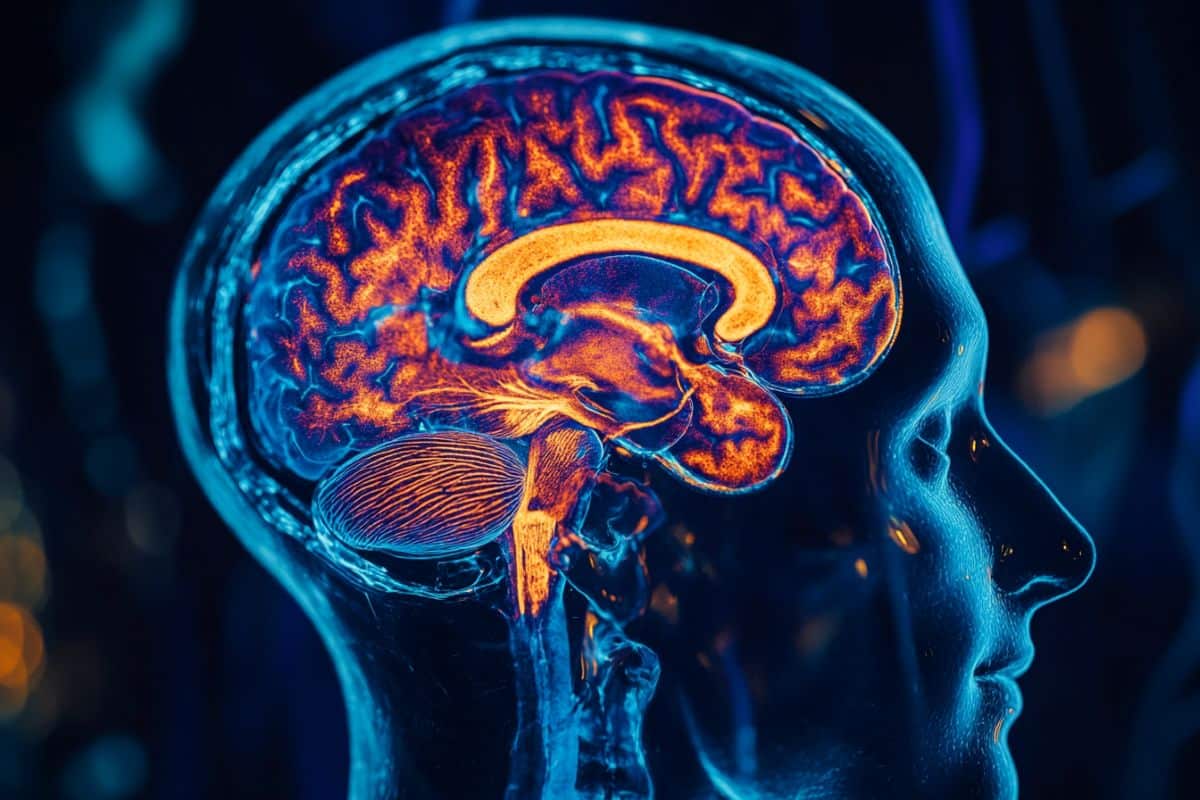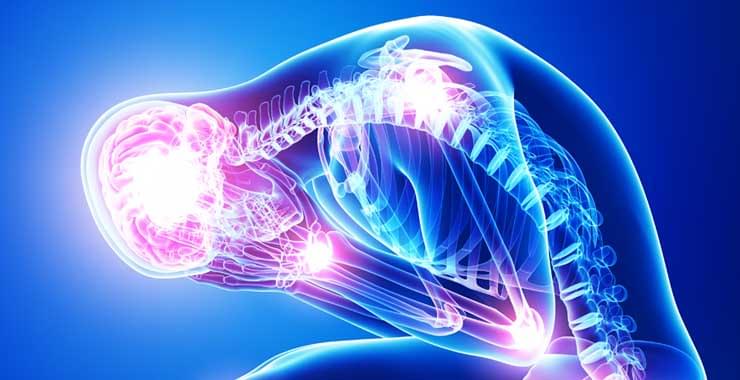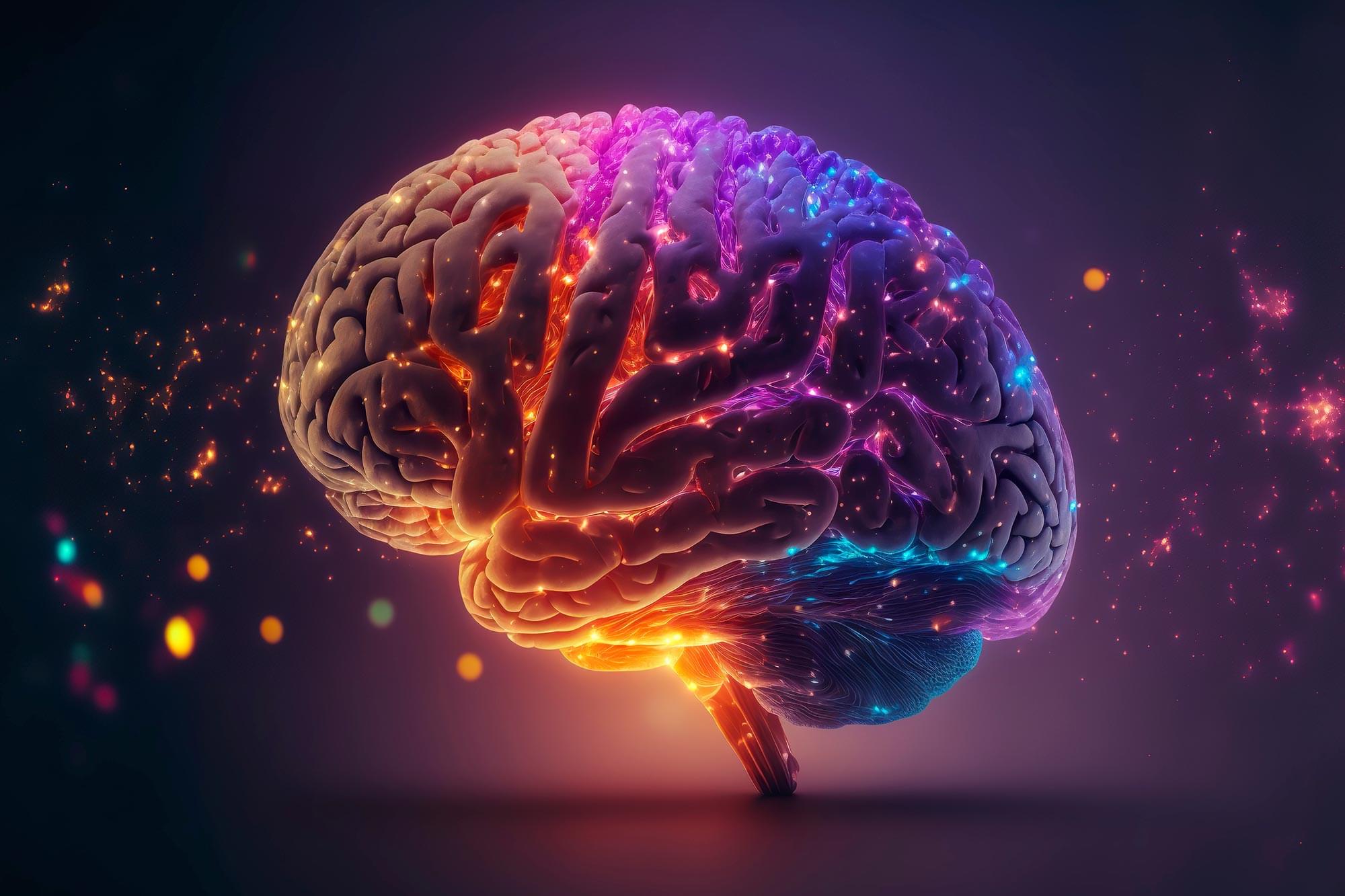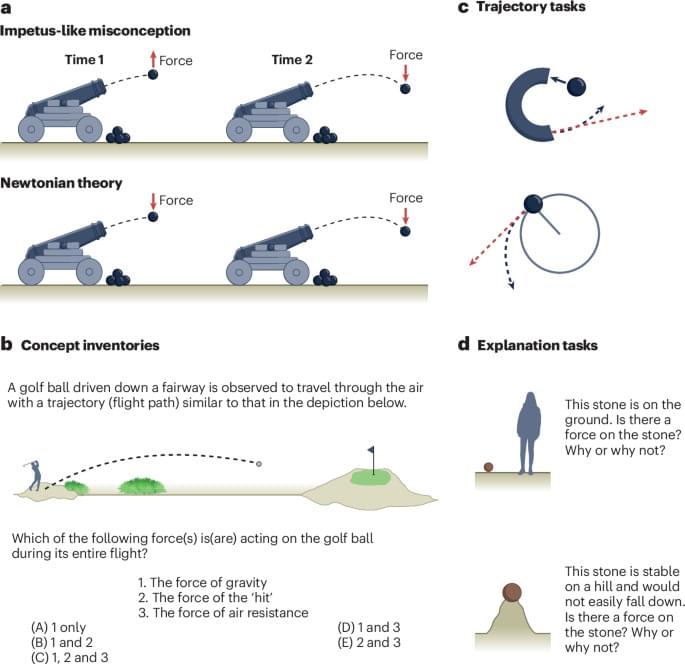Summary: A new study reveals how prenatal infections followed by early-life stress—known as “two-hit stress”—can lead to brain dysfunction and psychiatric-like behaviors. Researchers found that affected mice showed abnormal cerebellar activity, increased microglial turnover, and impaired brain-wide connectivity.
Notably, microglia replacement therapy successfully reversed these effects, offering a potential new approach for mental health treatments. The findings suggest that sex differences may influence stress resilience, highlighting the need for personalized treatments for psychiatric and neurodegenerative disorders.




